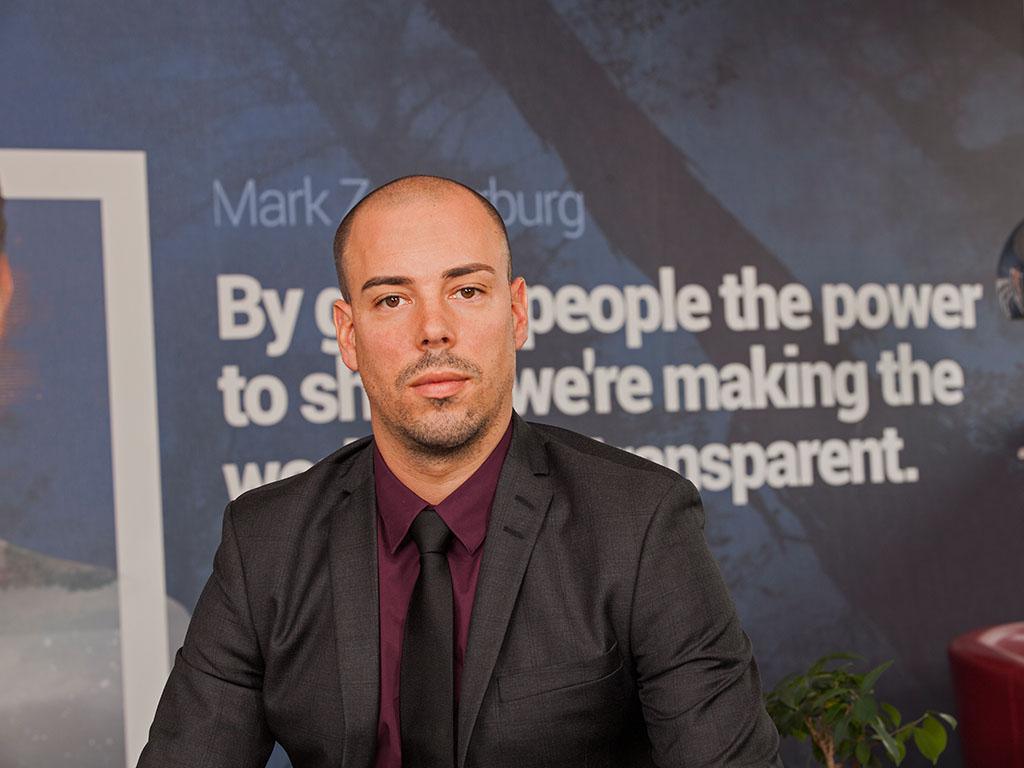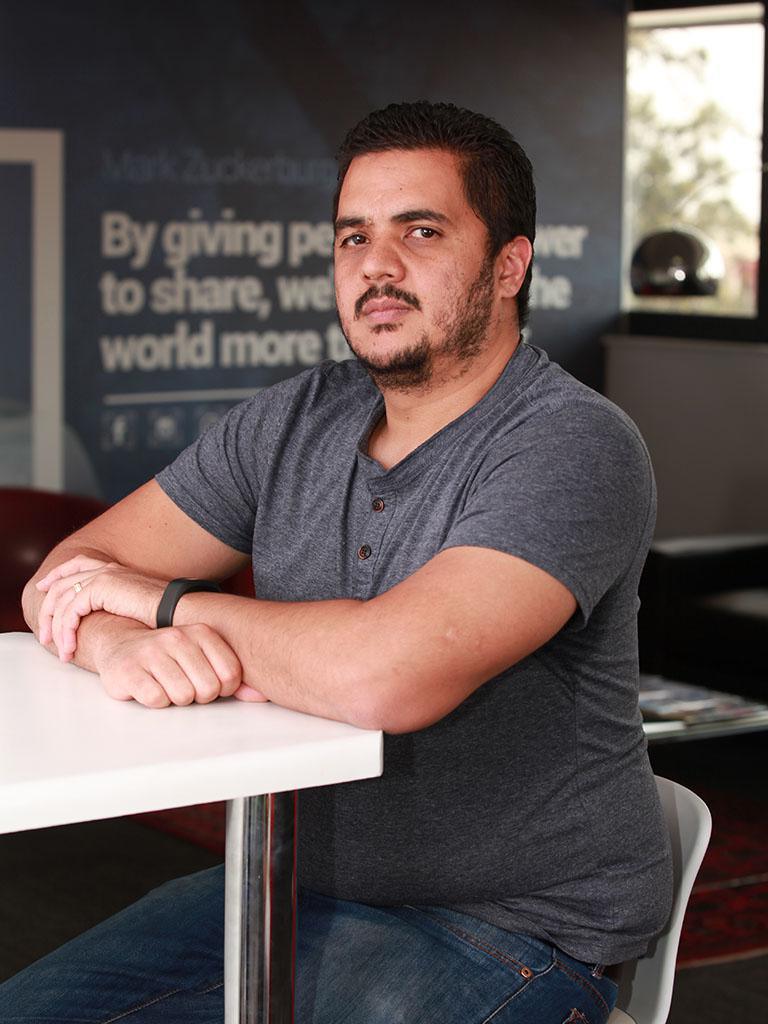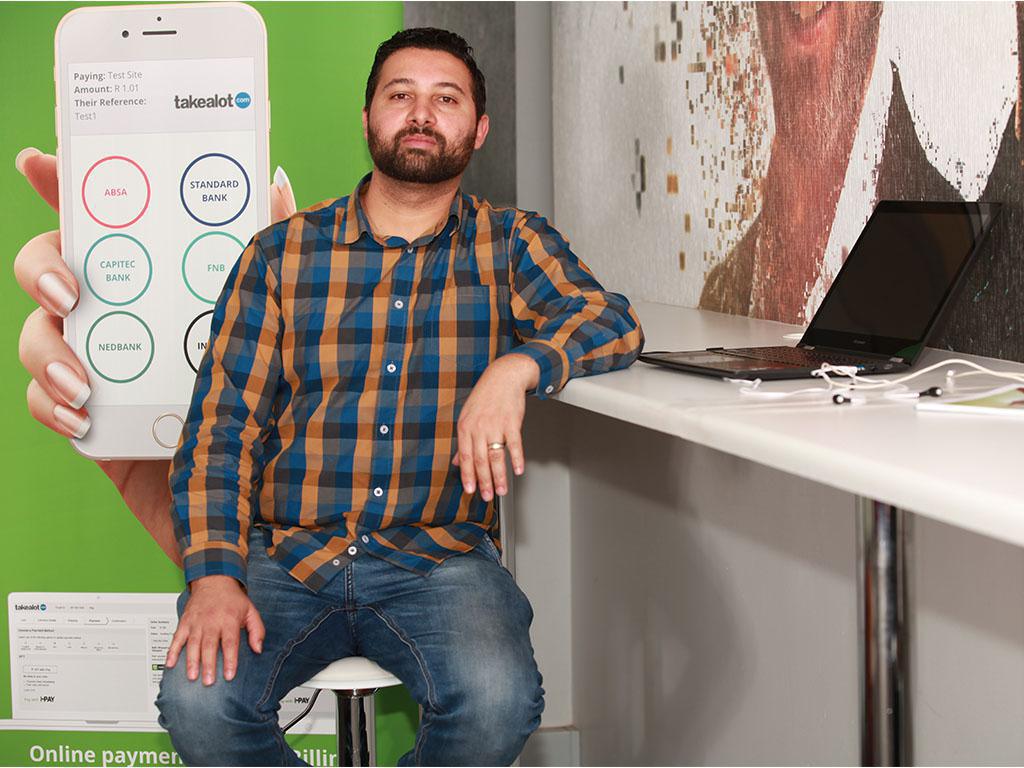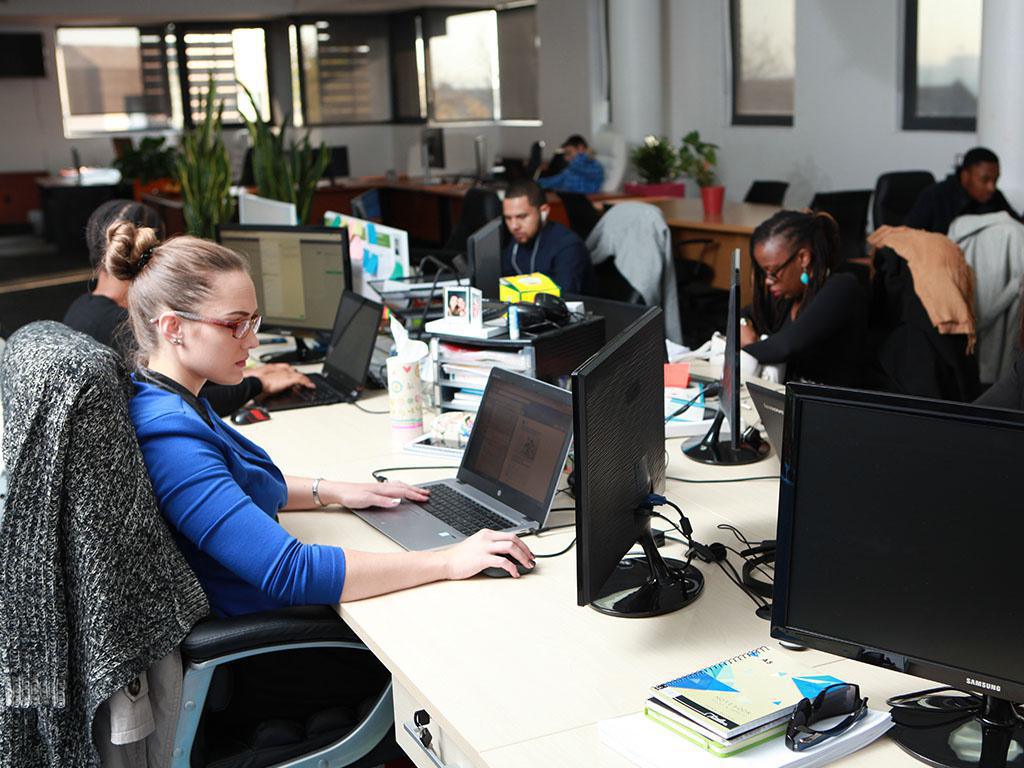How three partners bootstrapped their start-up
Infiltating the finech market is by no means a simple accomplishment. But the founders of i-PAY, who hail from diferent parts of the world, are penetrating the South Afrian and African market, using their diverse knowledge and common vision to create a user-friendly and safe automated payment solutionBusiness foundation fom a failed venturei-PAY is an online payment gateway for both buyers and merchants that allows instant payment on all smart mobile and desktop devices. Payments can be made via SMS, Email, QR Code or via Push Payments. The founders describe it as an automated electronic funds transfer (EFT) payment solution. It as co-founded in 2013 by Thomas Pays, Lyle Eckstein and Mitchan Adams. The three had collaborated on a project before that didn’t work out, but it paved the way for their current venture.i-PAY payment solution ystem requires users to enter their online banking details in the highly secured system which does not store any confidetial dtails. Eckstein says, “Depending on whether users have multiple acounts they can choose which account they can make the payment from and basically authentiate the payment by choosing their banks authentiation mechanism and thenthe payment is done. There is no entering details of references from the merchant, the merchant passes off the iformation and thecustomer can’t change the information” Because i-PAY or businesses do not access the sensitie and confidetial iformationof shoppers, their personal data remains entiely safe and private. Adams describes the system as a simplified ersion of EFT.Consumers are able to keep all personal and financial iformation and dta private from i-PAYand the merchant through i-PAY’s secure online payment processing service. This the opportunity for identity thft andfraud online signifiantly.
Scaling plans
The partners also have their sights on the African continet. “For us it is very important to succeed and expand to the African continet,” Pays says. Adding they still hve a long way to go in capturing the overall continet, but their ultimte goal is to penetrate the Nigerian, Kenyan and South African markets.” Because they regard these as the top three markets in Africa, they will have some sort of domination which will mae things easier to replicate in other countries. Bootstrapping to get the idea off the gound Pays, Eckstein and Adams bootstrapped the business. Pays says, “We backed ourselves, we believed in the idea, while 99% of the people we approached in the fist two years didn’t believe in us and most of the doors were closed on us. We call it a twominute noodles year because as a self-funded start-up we were using our own money and had to be careful about how we spent it to reach the return or investment very quickly.“There is a lot of financial ommitment you’ve got to provide for your start-up. It’s not always easy. Very ofen before you can start getting fundi, they’ll ask you to start making money. “So in order to make money you need to basically generate a business, cash-flw and profit bfore you can seek investment. So prior to our seed run of investments that we did last year, we experienced two-minute noodle years, where you literally work seven days a week and the only meal you have is two-minute noodles because that’s the only thing you can aford. “If you make it through the leap of faith you get lucky and you can make a success of it.” Despite the hurdles, Adams says he is grateful that Pays made the transition o entrepreneurship easier for them. “Unlike other start-up entrepreneurs, in our case Pays was a successful businessman before this business. So he could support us.”
Partnership synergy
The three collaborators echo the importance of choosing the right partners in business. They say it is challenging to findsomeone with an understanding of certain work ethics and also have the capability and talent to grow a start-up. Pays says the partnership was sheer luck. He met Adams through one of his e-commerce ventures and got drawn to him because of his work ethics. Pays only met Eckstein in 2013, afer Eckstein and his best friend, Adams, came up with the idea of i-PAY. Adams and Eckstein are the softare developers with wide experience in the financial and banking indutry which proved vital when developing the fiewall systems.
Security
Adams says as an entrepreneur and softare developer he has learnt to wear many hats. Sometimes he has o put on a criminal’s hat to be a step ahead, when it comes to building an impenetrable wall. “So basically you have to think like the criminals. Criminals are some of the most creatie people out there, finding ays to get around security. Thinking like a criminal, I ask myself, ‘How can I get past the system? What can I do to steal money?’ “That’s the fist part, but obviously you can’t do it on your own because there might be an avenue you might be missing. And the other thing is keeping up to date with other tech forums online and making sure you keep up to date with all the latest legislation. And when a nw virus appears there are companies that focus on that solely.”
Building success on past experiences
Eckstein and Adams say Pays is the strategic partner, with more than ten years’ experience as an entrepreneur. They say the earlier successful ventures of Pays made things a bit easier for their start-up. Pays says his entrepreneurial journey started 10 years ago in South Africa. “My fist business was an agency that focused on gamifiation. This as sold in 2010. For the next challenge we focused on e-commerce and landscaping in the South African market, which grew in six countries before we sold. We started another digital agency in 2013 from where i-PAY and other companies were grown.”Pays advises aspiring entrepreneurs and start-ups to be careful about the way they spend their money, but also to have a proper map and financial undestanding of what it is going to cost them. “Very ofen you can do financial pojection and ash flw estimtes to understand whether you will be able to break even and make target in the next two years. So the more ready you are, the beter prepared you will be and the higher the probability for success.”The i-PAY partners are upbeat about their plans to take their product beyond borders and impact on the African market.
Benefit
- Real-time pyments and invoicing - faster delivery of the goods ordered online, because the merchant receives zconfirmtion of the tansaction immedite-ly afer you set up the transfer order, so he can dispatch merchandise quickly. Instant payment notifation
- No credit card required, remembering new passwords, or going to the efort of keeping a virtual bank account, such as a wallet.
- No need to type in information a seond time, which is poentially a souce of error. Online banking login details are NOT stored by i-PAY, which lowers the risk of identitytheft
- All the payment information tht the bank requires for the transfer is already there (populated for the user), making this payment method convenient.
- The two-factor authentiation pocedure (with confidetial login dtails and confirmtion ode) using i-PAY is more secure than paying with a credit card or eWallet. All messages travelling between a browser and i-PAY are encrypted.
- Savings on transaction ees
- Quick and easy three-step payment
- Consumer protection pogramme
YOU HAVE TO THINK LIKE THE CRIMINALS - CRIMINALS ARE SOME OF THE MOST CREATIVE PEOPLE OUT THERE, FINDING WAYS TO GET AROUND SECURITY.





